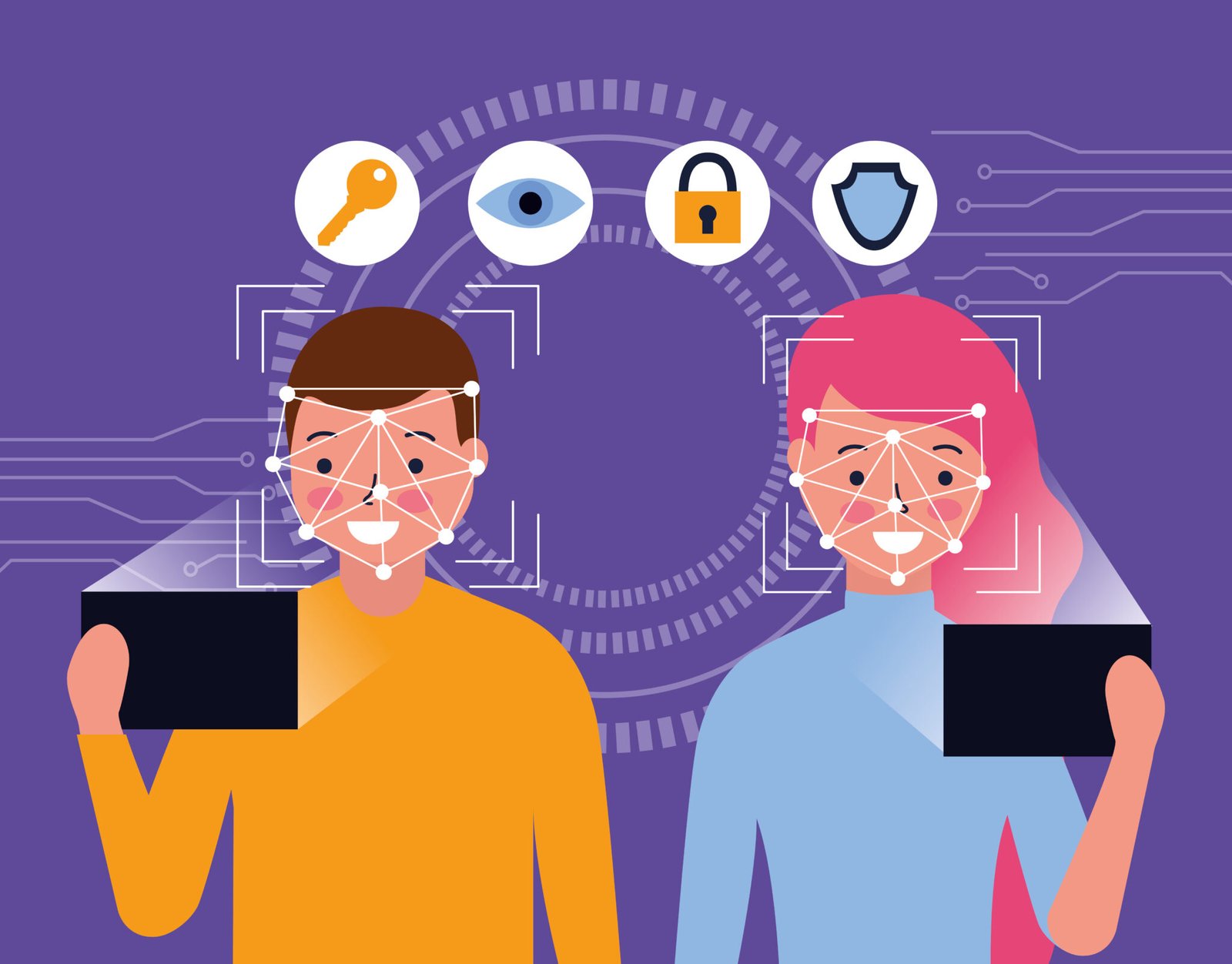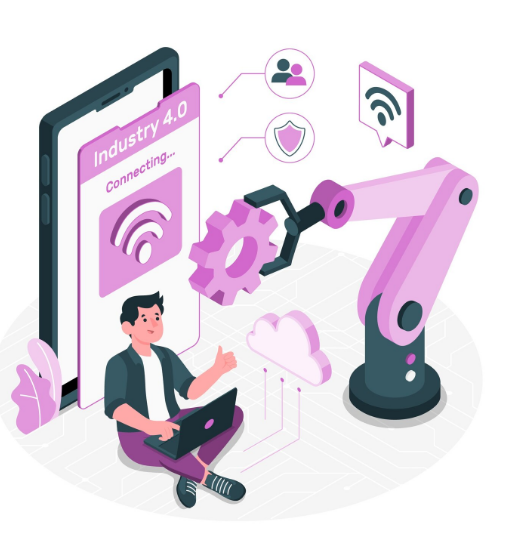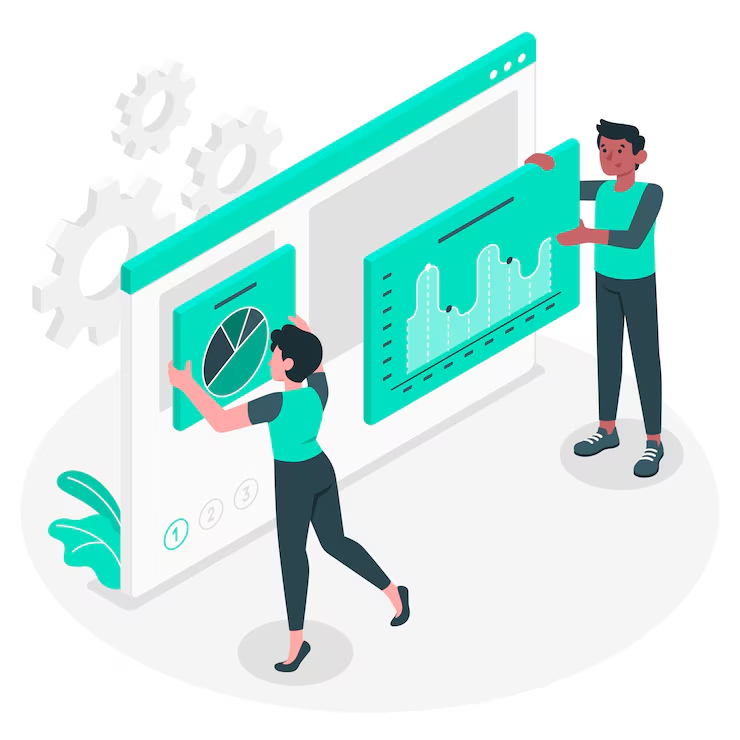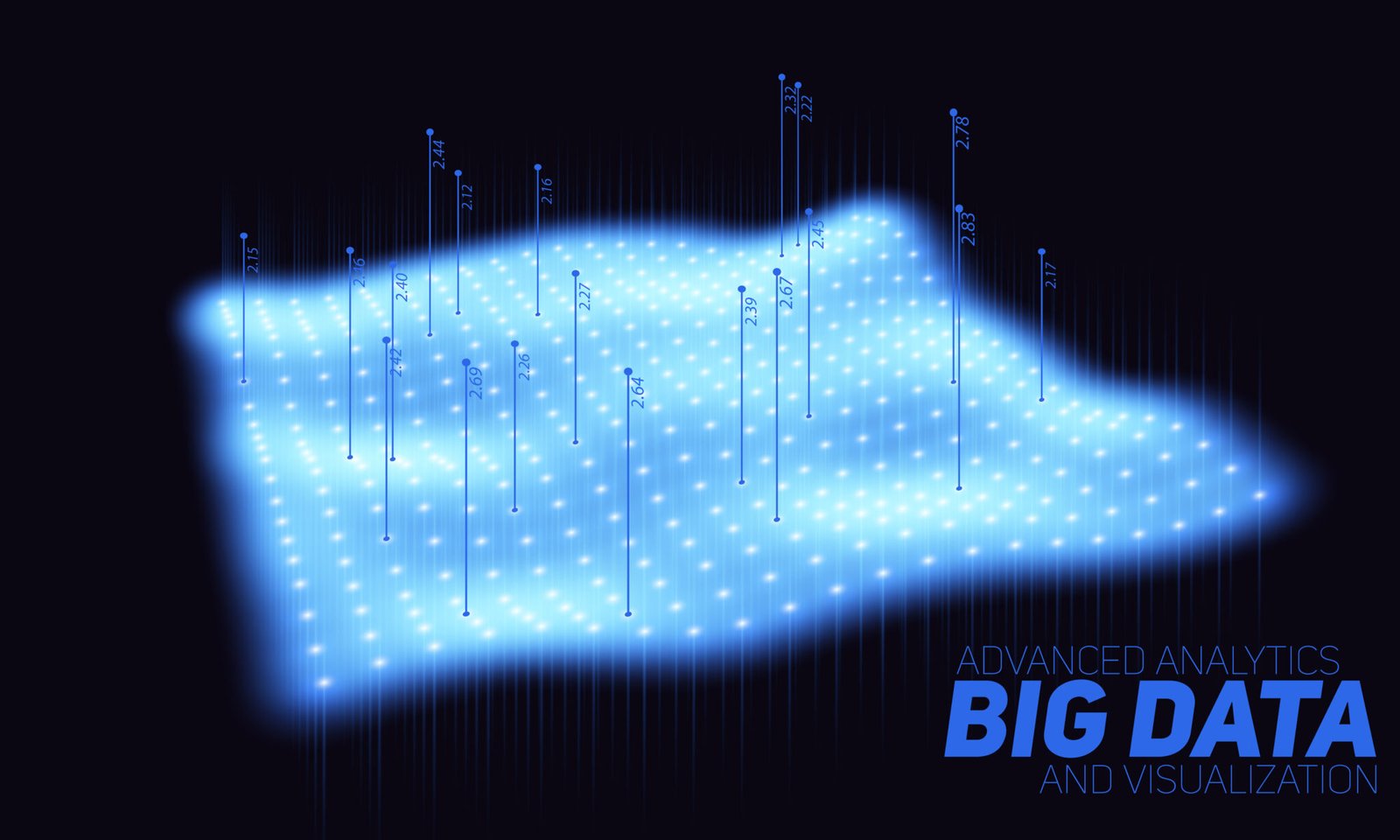
Why Real-Time B2B Analytics Is the Ultimate Competitive Edge in 2025
Introduction In the fast-paced world of B2B, data is not just a resource — it’s a competitive advantage. But in 2025, speed has become the most valuable asset in data strategy. Real-time B2B analytics is no longer a nice-to-have; it’s a must-have for companies looking to stay ahead of the curve. With markets shifting faster…








